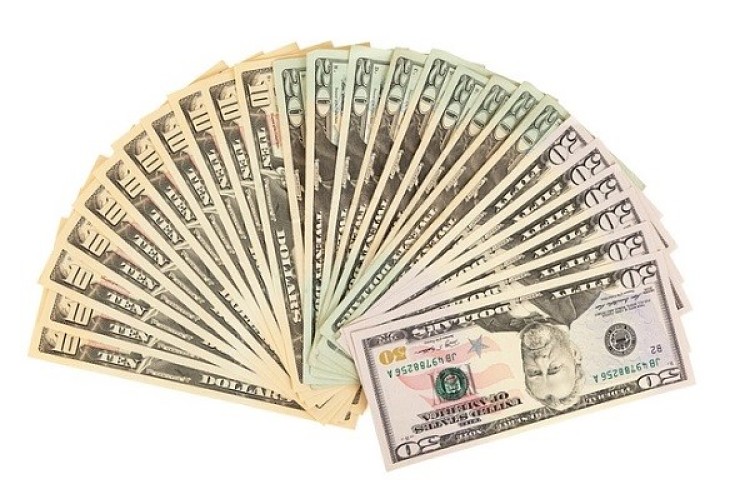In Defense of Capitalism
Do you like Twitter? I really enjoy it and find it to be an amazing place to get information. If you’re not Tweeting, it’s something that you should spend some time exploring.
I read a “Tweet” a few days ago that really got me thinking. Most of our clients are in business and I wanted to thoughtfully address the Tweet we read about Capitalism. The Tweet in question read as follows: “#Capitalism is a political economy based on the private ownership of production for class exploitation.” Really? I thought you were all in business or working to make a profit. I didn’t realize that you were a bunch of exploiters. Let’s take a look at that.
About 120 years ago, French sociologist Gabriel Tarde addressed the popularization of luxuries. Tarde identified that “an industrial innovation enters the market as an extravagance for the elite before it finally turns, step by step, into a something considered indispensable to all in a society.” This was more than 120 years ago!! I found that quote to be quite prophetic.
The history of technology and marketing confirms Tarde’s thesis. There used to be a considerable time lag between the emergence of some new & amazing product and it’s becoming affordable for everyday use.
It sometimes took centuries before an innovation was generally accepted. Think of the slow popularization of the use of forks, soap, handkerchiefs and of a great variety of other things. While Tarde was publishing his observations, the famous industrialist and philanthropist Andrew Carnegie concisely wrote that “Capitalism turns Luxuries into Necessities.”
From its beginnings, Capitalism displayed the tendency to shorten this time lag and finally, in today’s world, to eliminate it almost entirely. This is not merely an accidental feature of capitalistic production; it is inherent in its very nature.
Capitalism is essentially mass production for the satisfaction of the wants of the many. Its trademark is large scale production by big business. For big business to prosper there can be no question of producing limited quantities for the sole satisfaction of small elite. The larger big business becomes, the more and the quicker it makes accessible to the whole people its newest technologies (Again, Think: Apple and the iPhone).
The evolution of the automobile from a plaything of the wealthy into a universally used means of transportation required more than twenty years. The same can be said of airline travel. In my youth, I had the impression that only wealthy people could afford an airline ticket but today it is an everyday occurrence to book a flight on the internet. There was practically no period in which the enjoyment of such innovations as television or the products of the frozen food industry were restricted to the wealthy. I think of things like air conditioning, microwave ovens, personal computers, iPhones, GPS devices and Wi-Fi; these items were virtually unheard of only forty years ago but today they are often considered necessities.
The author of the offensive tweet and other disciples of Karl Marx are anxious to describe the “unspeakable horrors of capitalism” which, as Marx believed results “with the inexorability of a law of nature in the progressing impoverishment of the masses.” The Marxists’ prejudices prevent them from noticing the fact that capitalism tends, by the necessity of big-scale production, to wipe out the striking contrast between the way of life of the wealthy elites and that of the rest of us.
Did you use your GPS this week? I sure did. I started writing this on my PC and finished it on my iPad connected to the internet via Wi-Fi. I’m in my air conditioned home and we just finished a delish meal of leftovers fresh out of the microwave. Indeed, Capitalism turns luxuries into necessities.



